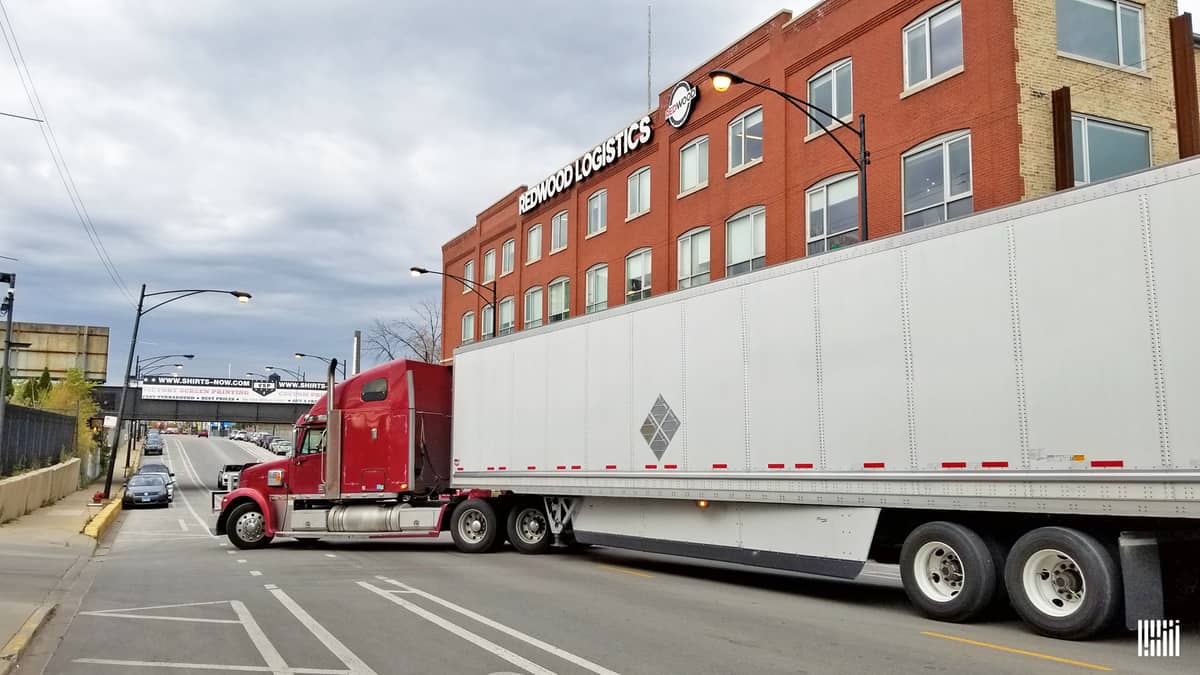
The COVID-19 pandemic is putting third-party logistics providers in financial peril, but it also offers an opportunity. Now is the time to demonstrate their value to customers who face dire supply chain disruptions, industry officials say.
“Brokers and forwarders are needed now, and will be in the future,” Amy Magnus, president of the Washington-based National Customs Brokers and Forwarders Association (NCBFAA) told American Shipper. “Looking for every opportunity to add value and assist importers and exporters is what we do.”
The most important step, logistics professionals say, is to pick up the telephone and call the shippers.
“Nothing beats a good old-fashioned phone call to not only lend a sympathetic ear but also to identify opportunities to assist in their current supply chain challenges,” Washington-based Airforwarders Association Executive Director Brandon Fried said.
“We should be asking them about how they are faring in these unusual times, how they are coping, and what their plans are for importing and exporting for the next few months,” said Magnus, who also serves as director of customs affairs and compliance for Saint Albans, Vermont-based A.N. Deringer.
“During these unprecedented times, it is imperative that we stay in constant communication with all levels of our clients’ operational personnel,” said Lance Malesh, chief commercial officer for BDP International, based in Philadelphia.
“Our CEO is reaching out to other CEOs on a weekly basis to understand their current business environment and expectations of future business needs,” he added.
New business opportunities
Fried said the questions that forwarders and customs brokers ask their shippers today may lead to new business opportunities, even as they witness certain product import and export reductions, blank sailings by container carriers, and tighter air transport capacity.
“Now is the time, albeit virtually, to get to know customers and their logistical needs,” he said.
Fried noted the current challenges with importing personal protective equipment, as well as other medical supplies, from China to fight the coronavirus. Forwarders have the knowledge to find efficient and cost-effective international transportation service options for stressed shippers. He said with the increase in air transport costs, forwarders can help shippers consider where they might use slower but cheaper container shipping.
“There may be previously undiscovered trucking needs or products essential to the pandemic mitigation that customs brokers and forwarders never knew existed with their customer verticals,” Fried said.
“As with any challenge, there are always opportunities,” Malesh said. “Every client’s needs are different, but we are seeing opportunities, both at a supply chain solution, as well as at a transactional level.”
BDP, for example, has experienced an increase in ad-hoc air and ocean shipments due to the volatility in the global marketplace caused by COVID-19. The 3PL has also increased discussions with shippers to provide deeper end-to-end visibility across their supply chains, he said.
Magnus said customs brokers should use their skills to assist importers with possible tariff exclusions and duty drawback opportunities. (Drawback is a refund of customs duties paid on imported materials that are later exported or used in the manufacture of exports.)
“Many clients are turning to importing or exporting new and different products that they are unfamiliar with — think of a U.S. manufacturer now importing personal protective equipment,” she said. “Perhaps this manufacturer has no experience with FDA (Food and Drug Administration) or other PGA (participating government agency) requirements. They’re going to need professional advice before embarking on an entirely new product line.”
Fried said forwarders might also use this time to provide shippers with training on international freight transportation topics, such as dangerous goods.
Money matters
Albert Saphir, principal of Weston,Florida-based ABS Consulting, said it is important for forwarders and customs brokers to understand the financial condition of their import and export customers.
“The biggest risk for forwarders and customs brokers are accounts receivables if their customers are running into financial challenges, which is likely the case for most,” he said.
“I know from several clients of mine that some of their customers — interestingly enough some are very large corporations — have asked for extended payment terms of up to 120 days already,” he said. “This is a huge risk that very carefully needs to be weighed. If it is for regular forwarding/customs broker fees, that may be manageable to keep a good client. But if this is for freight and duty charges, this can very easily put forwarders and brokers out of business.”
Saphir, who has advised many people over the years with starting freight forwarding and customs brokerage operations, said the 3PL industry will experience some contraction in the coming months as the coronavirus continues to drag down the U.S. economy.
“Starting a new forwarding/broker business right now will be more difficult and likely is best put on hold until we have a better understanding of how this all will evolve,” he said. “Unless, of course, you have a few customers that are committed to supporting your new venture.”

